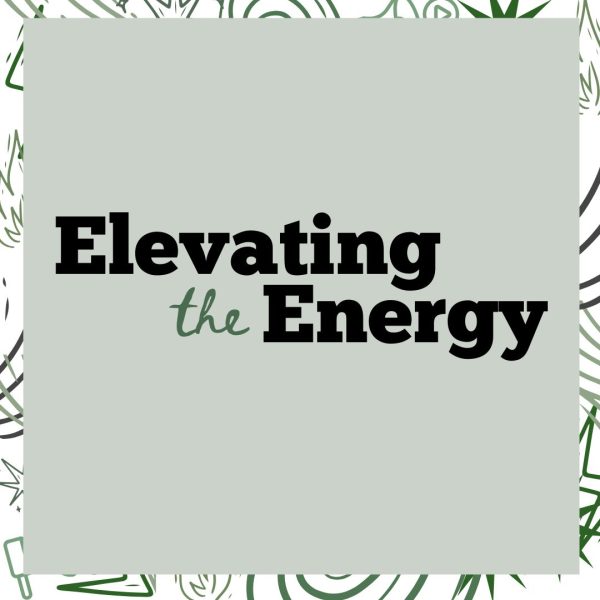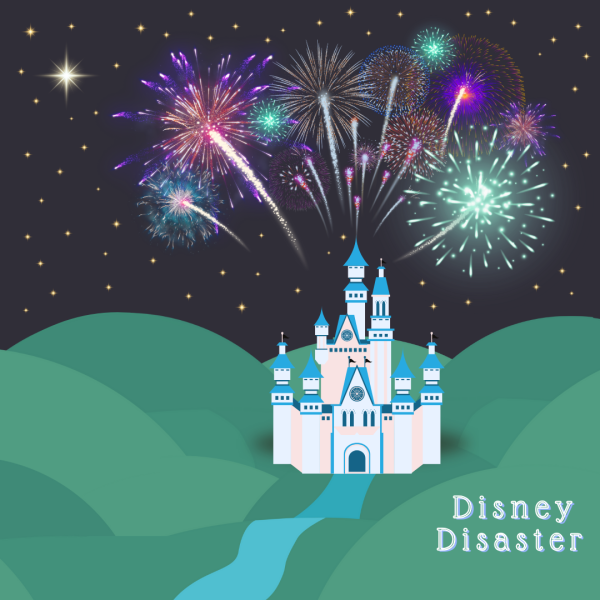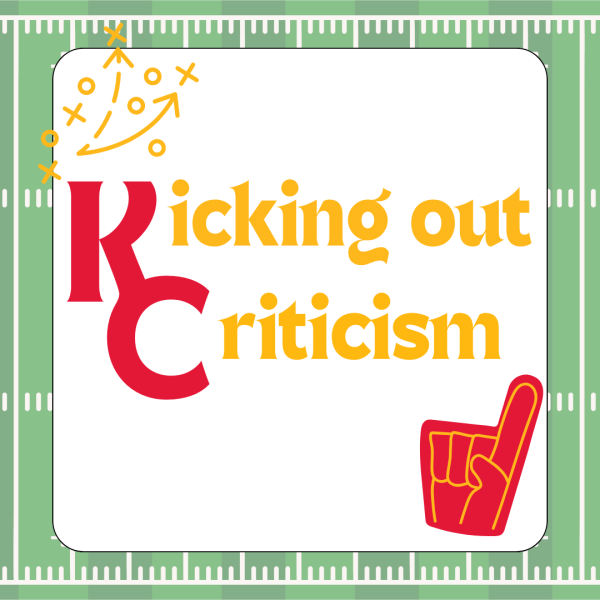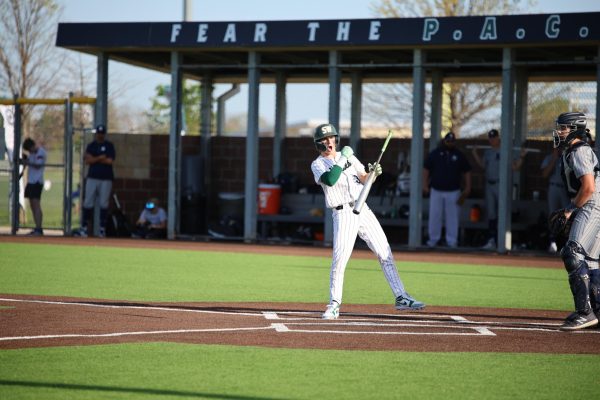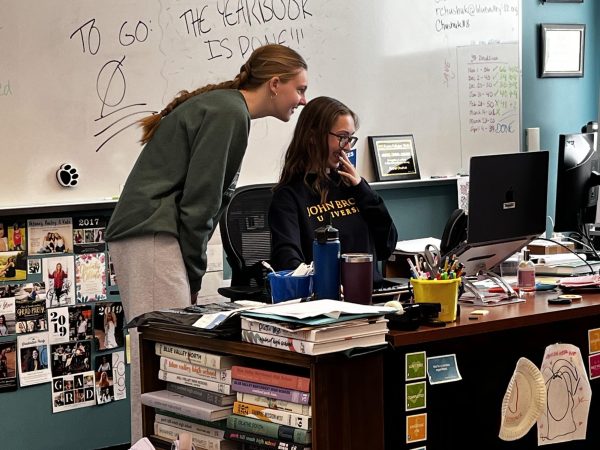Community must come together to help the environment
Ninety-seven percent. According to a 2013 National Geographic review of over 4,000 research papers, 97 percent had found climate change to be both real, and caused by humans. Despite this, Americans continue to cause irreparable damage to the environment, and argue over the need to take any action at all. Senior Quinlyn Lafon said she believes it is irresponsible to continue to harm the enviornment.
“I definitely believe climate change is real because there is undeniable evidence that supports it,” LaFon said.
The review by National Geographic evaluated papers written by environmental scientists who study the impacts of human activity on the earth, and even though this evidence exists, not enough is being done to stop or slow the effects of climate change.
“I am hoping to study conservation methods to help preserve the environment and wildlife, more specifically,” LaFon said.
The Environmental Protection Agency (EPA) offers research grants to universities and research teams to study various aspects of the environment, from water quality to minimizing air pollution, and universities play a large role in these research projects. However, despite the findings of such studies, not enough action is being taken to reverse or slow climate change.
“There are obvious steps that need to be taken for us to drastically improve, but realistically, not everyone’s going to cut beef out of their diet and buy hybrid cars,” LaFon said. “Something even as simple as turning off the faucet — everyone thinks ‘oh, one more minute with the faucet won’t actually change anything that much,’ but all the little things do add up and make climate change what it is.”
Doing the “little things” does add up. According to livestrong.com, recycling paper not only minimizes the number of trees being cut down to produce new paper products, but helps prevent water and air pollution. Junior Rachel Lovell said there are other steps students can take.
“You can turn things in online,” Lovell said. “You don’t have to print out everything. Now with technology advancing, there’s that benefit. Conserving paper and taking the effort to make sure we are recycling instead of throwing things in the trash will help.”
Small things, such as paper, are often overlooked, but taking the time to recycle or reuse everyday items has a much larger impact than many students realize. According to a study conducted by Brigham Young University, the United States recycles only about 32 percent of its total waste.
“We need to start taking care of our environment because this is where we live and if we keep polluting the earth, it’s only going to get worse,” Lovell said.
Though Lovell said she “wants to say it isn’t a big deal,” she is a part of the environmental club and works to help reduce the environmental damage caused by the school. Lovell also said she believes minimizing pollution. Science teacher Deborah Cash said she has contributed to environmental efforts at the school.
“I help the environmental club,” Cash said. “I work with them. We’ve coordinated — they have, they put it together — a recycling after school rotation. I have a community garden out back by the loading dock. I keep up with that and do what I can to chip, chip, chip away.”
If all students would take part, whether by joining the club, or opting to simply recycle paper rather than throw it away, the negative environmental impact of the school would be largely reduced, and with recycling bins in every room, it’s not a difficult step to take.
“I think we need to pick up with the recycling,” Cash said. “We need to get the styrofoam trays out of the cafeteria. We need to just ban styrofoam from this whole building. But I just think that the kids could do a lot more to get things recycled.”
According to Kansas Green Schools, the Blue Valley district is part of a joint study by the United States Department of Energy to study the effect of indoor air quality and energy performance on the learning environment. Additionally, all Blue Valley school sites have paper recycling bins on school campuses, and with the easy access to recycling bins and the involvement in environmental efforts, students should be more aware of the increasing need to take care of the planet.
“I’ve always believed that the climate is changing,” Cash said. “It’s just speeding up so quickly now. It wasn’t quite as obvious in the 20th century as it is now.”
Despite how obvious the effects of climate change seem to some, it is crucial that more people are aware of other negative impacts of pollution and habitat destruction.
“Whether people realize it or not, there are actually lots of species of animals that are going extinct,” LaFon said. “Even though people realize carbon emissions are important, another thing about the environment, too, is just its impact on animals, and animals are also necessary for a biologically-sound earth.”
Climate change does not affect only humans, but has impacted other species. With so much technology available and the ability to help the environment within our own community, students need to realize that the “little things” matter and take action to reverse the damage humans have caused.
“We can’t keep on planning what we’re going to do for the future,” LaFon said. “We need to take action now, because if we haven’t already, everything we’re doing is adding up to cause irreversible damage to the planet and that’s if we haven’t already.”



